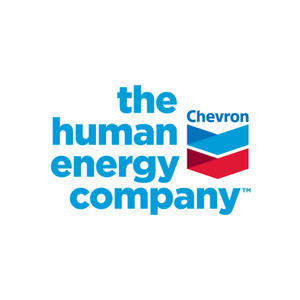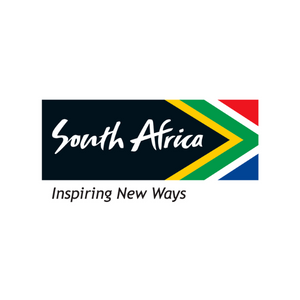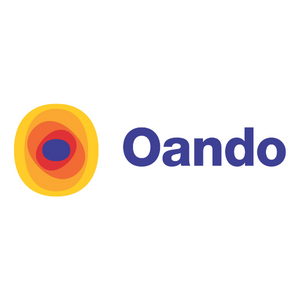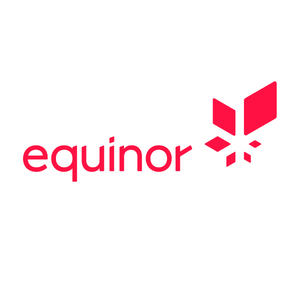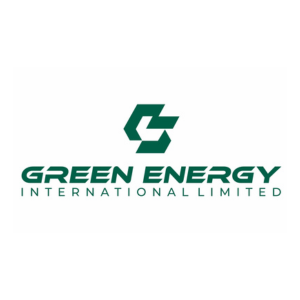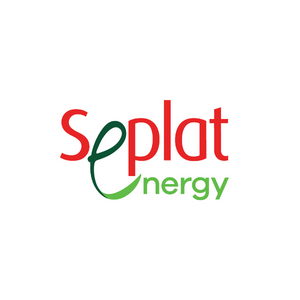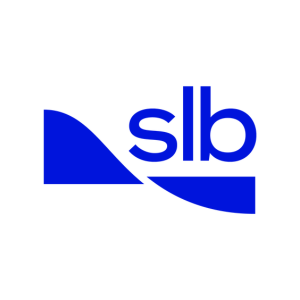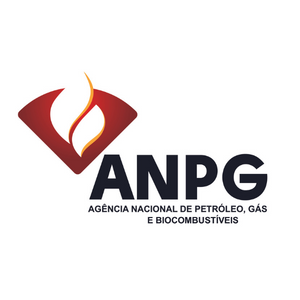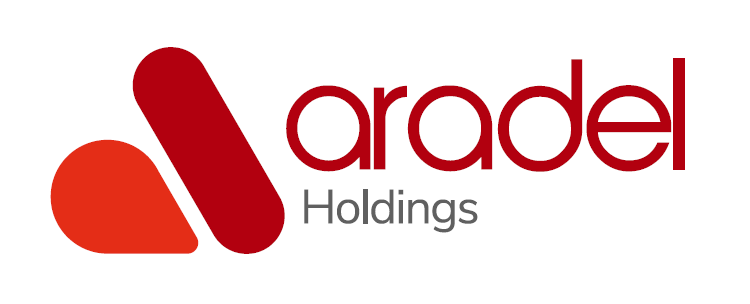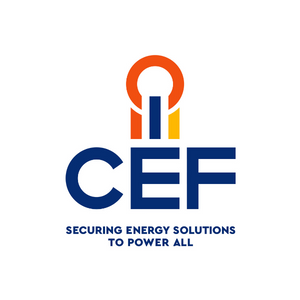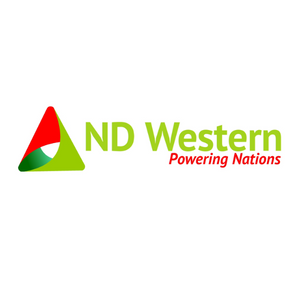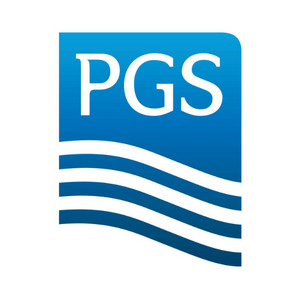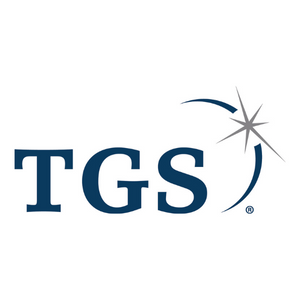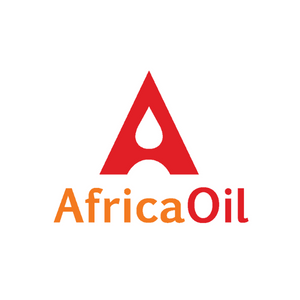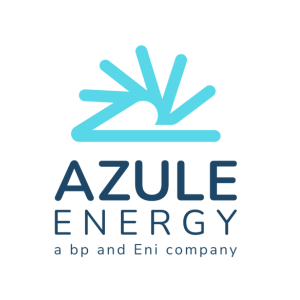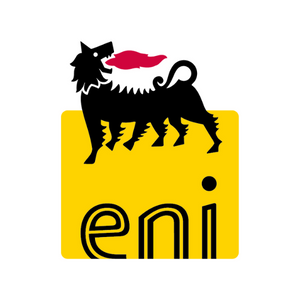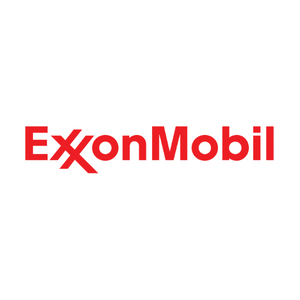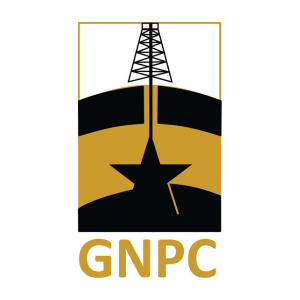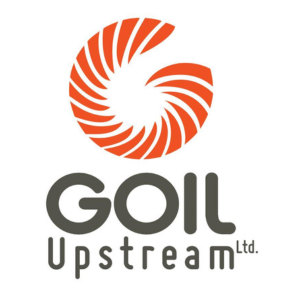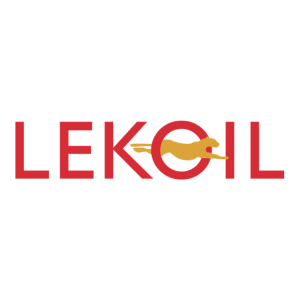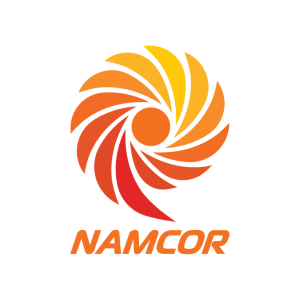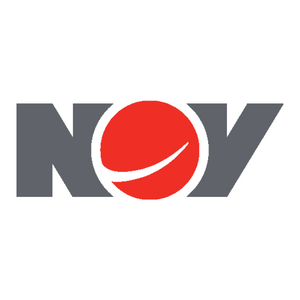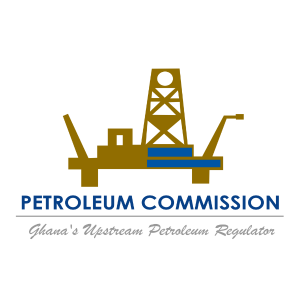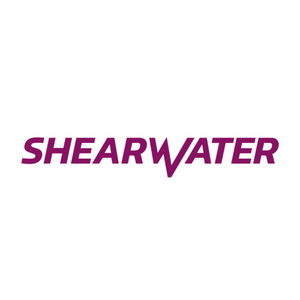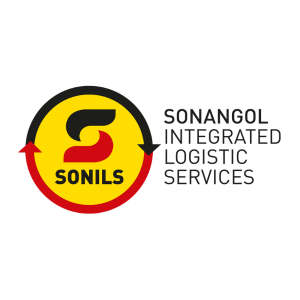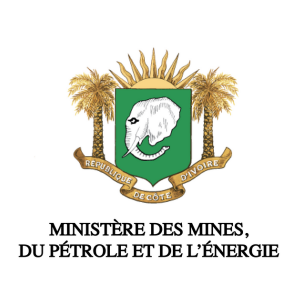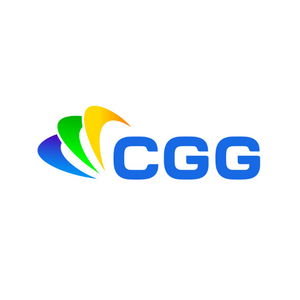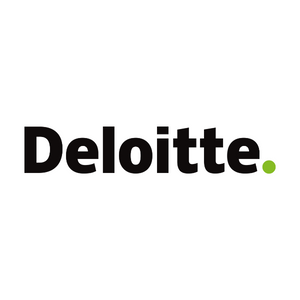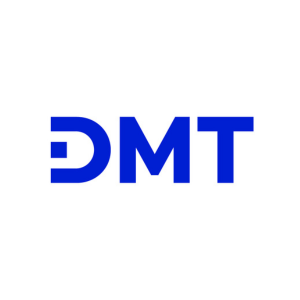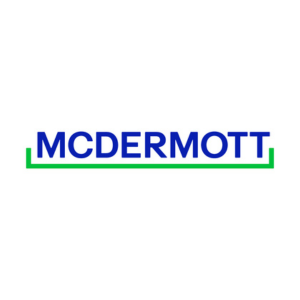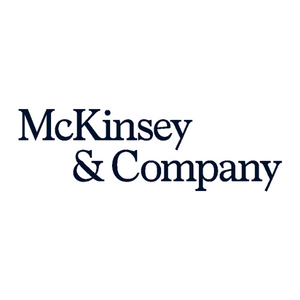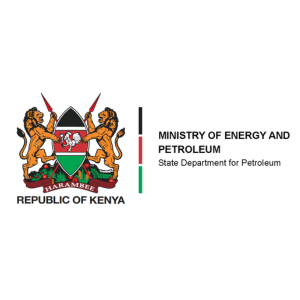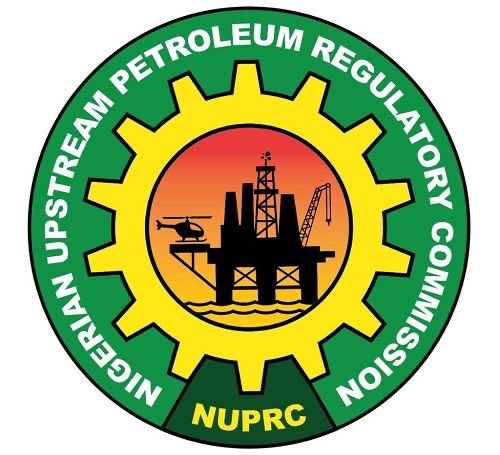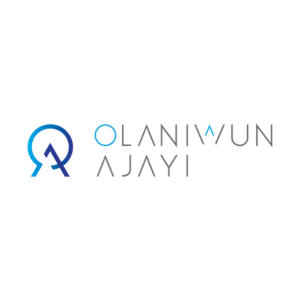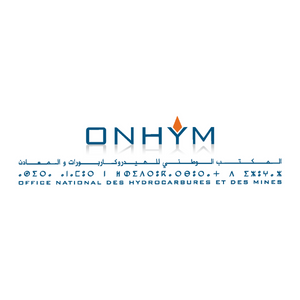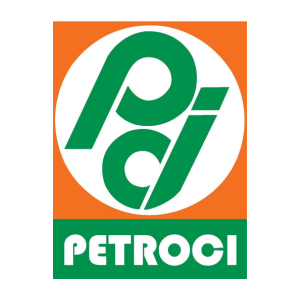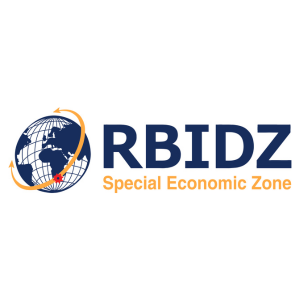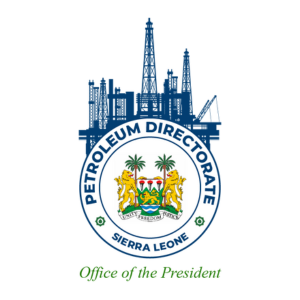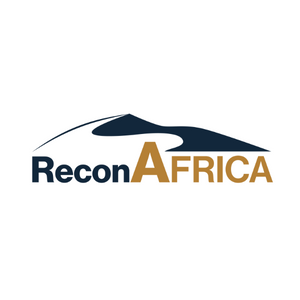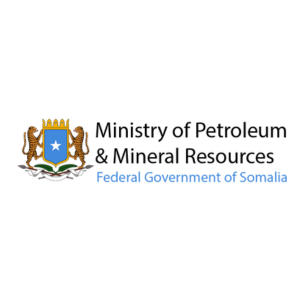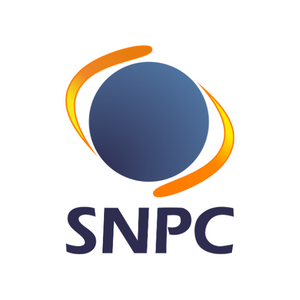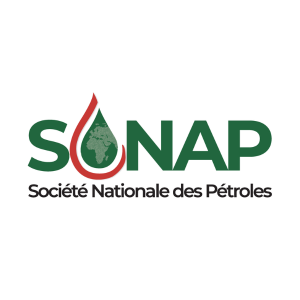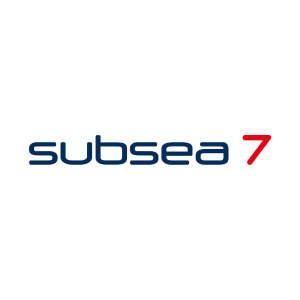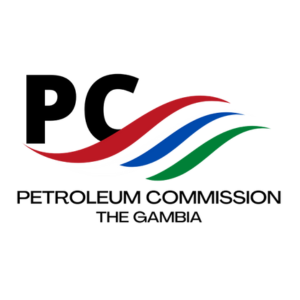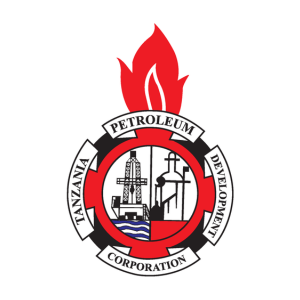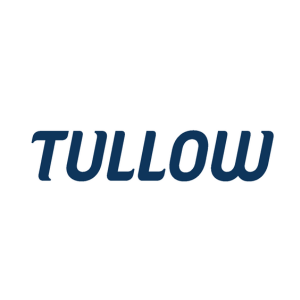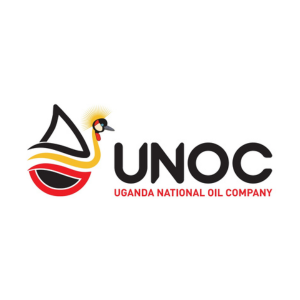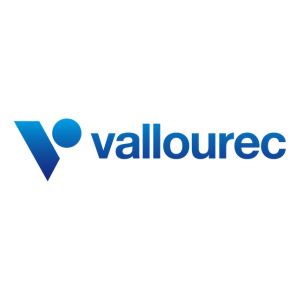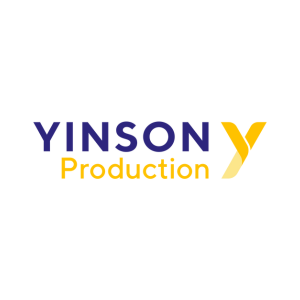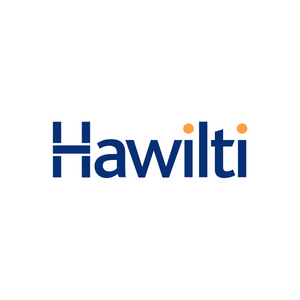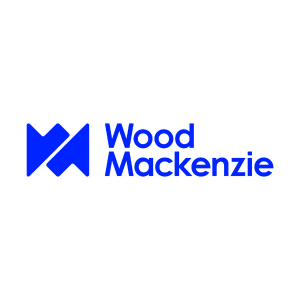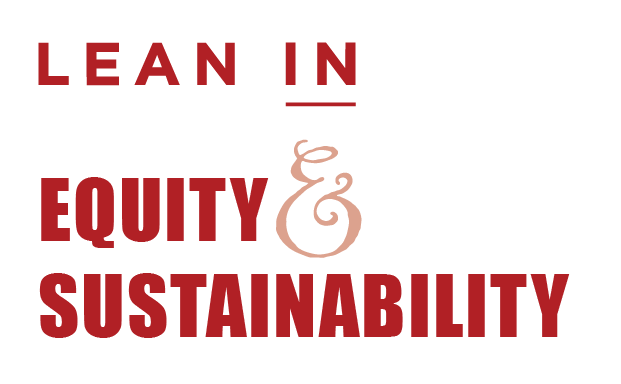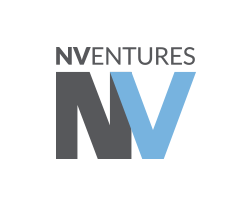Egbert Faibille Jnr
CEO, Petroleum Commission, Ghana Ghana Petroleum Commission
Egbert holds a Bachelor of Arts (Hons) from the University of Ghana, Legon.
Mr. Faibille Jnr worked with the GNPC during which period he was seconded to the West African Gas Pipeline Project (WAGP) as the Ghana Country Communication Representative of the project.
He subsequently joined the British American Tobacco (BAT) as Corporate & Regulatory Affairs Manager.
He was called to the Bar in October, 2004.
Egbert holds an LLM in Oil and Gas Law from the University of Aberdeen, and a Certificate in Strategic Management of Regulatory and Enforcement Agencies from the John F. Kennedy School of Government, Harvard University.
Mr Faibille Jnr was appointed as Chief Executive Officer of the Petroleum Commission in August, 2017.
He is a member of the Board of the Petroleum Commission and chairs the Local Content Committee.
AOW 2023 Programme Sessions
Government Address: Ghana Investment Opportunities Outlook
Tuesday 10 October 14:30 - 14:45 Stage A
National Showcases
COUNTRY SPOTLIGHT: Ghana – Heading Towards the Next Growth Cycle
Ghana’s petroleum industry has witnessed significant progress over the last decade, making it one of the most promising sectors in West Africa. Following its initial growth cycle that started with the commissioning of the Jubilee, TEN and SGN fields, Ghana is determined to take its industry to the next level by leveraging on the inland Voltaian Basin and other Ultra Deepwater projects. Exploration activities in ultra deepwater offshore Ghana together with work being done on the inland Voltaian basin are expected to result in discoveries to shore up the reserves of the country. Existing operators are also currently involved in significant brownfield expansions to mitigate production decline and monetise gas, thereby enhancing the sustainability of their assets while making more energy available for Ghana’s industries and households. But more is on the table as new offshore hubs progress towards FID and delayed exploration programmes are put back on the table.
In this session, we invite the government of Ghana and its operators to discuss the future drilling campaigns, plans to unlock Ghana’s local and regional gas potential, and the outlook for the country’s upstream sector
- How is Ghana preparing to position itself as a key supplier of gas to regional and export markets?
- What are the financial requirements for future exploration and development drilling campaigns?
- What has been the success of Ghana’s local content policies thus far? What are the next steps to build capacity?
- What projects are Ghana advancing to further expand its value-chain from upstream to downstream and make a better use of its natural resources?
Wednesday 11 October 14:00 - 14:30 Stage A
Gas Forum
Ghana’s petroleum industry has witnessed significant progress over the last decade, making it one of the most promising sectors in West Africa. Following its initial growth cycle that started with the commissioning of the Jubilee, TEN and SGN fields, Ghana is determined to take its industry to the next level by leveraging on the inland Voltaian Basin and other Ultra Deepwater projects. Exploration activities in ultra deepwater offshore Ghana together with work being done on the inland Voltaian basin are expected to result in discoveries to shore up the reserves of the country. Existing operators are also currently involved in significant brownfield expansions to mitigate production decline and monetise gas, thereby enhancing the sustainability of their assets while making more energy available for Ghana’s industries and households. But more is on the table as new offshore hubs progress towards FID and delayed exploration programmes are put back on the table.
In this session, we invite the government of Ghana and its operators to discuss the future drilling campaigns, plans to unlock Ghana’s local and regional gas potential, and the outlook for the country’s upstream sector
- How is Ghana preparing to position itself as a key supplier of gas to regional and export markets?
- What are the financial requirements for future exploration and development drilling campaigns?
- What has been the success of Ghana’s local content policies thus far? What are the next steps to build capacity?
- What projects are Ghana advancing to further expand its value-chain from upstream to downstream and make a better use of its natural resources?

